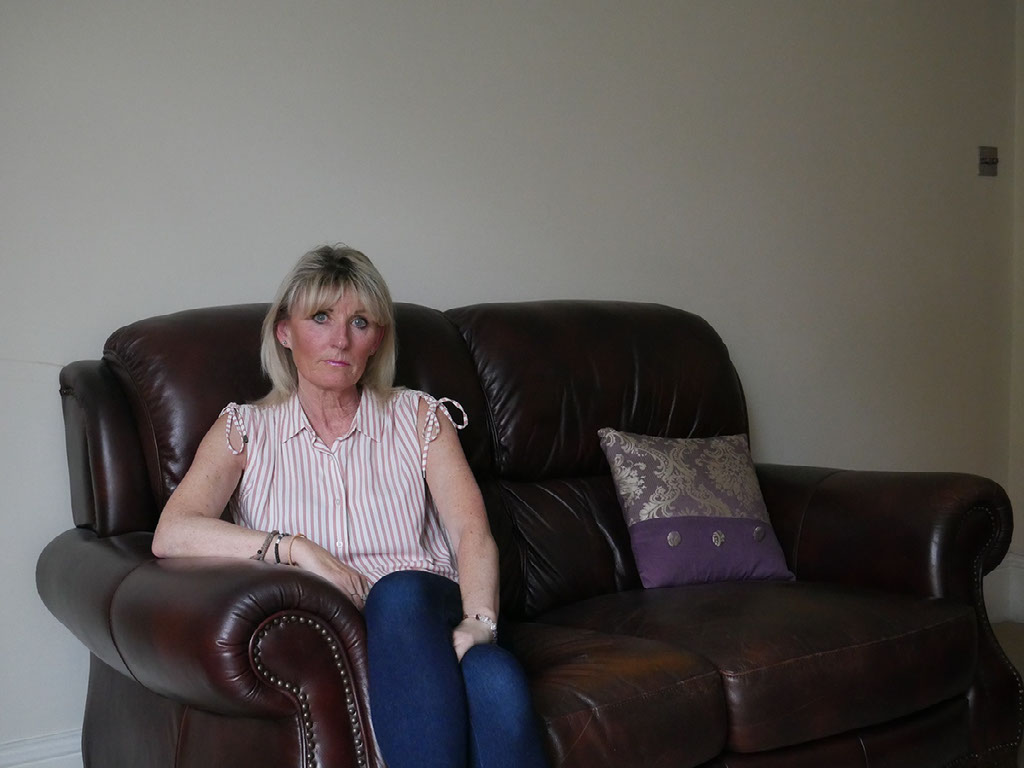Smoking costs the North East over £887 million a year
Staggering new estimates show the cost of smoking to the North East to be over £887 million a year in healthcare, social care costs and lost earnings – besides the human cost of lost lives.
The analysis of national data for charity Action on Smoking and Health (ASH) published today [Friday 14th January] shows the cost of smoking to society totals £17.04bn for England each year – higher than previous estimates – including an estimated cost of £887.6 million to the North East.
The cost – based on 15.26% of adults smoking in the North East, or around 326,000 people, and 13.8% of adults smoking / 6.1 million people nationally, is higher than previous estimates as a result of a new assessment of the impact of smoking on earnings and employment.
It is also estimated that around £634 million goes up on smoke spent on tobacco and cigarettes in the North East at a time when the cost of living is rising.
These are how the latest estimated costs add up in the North East:
- £124.9 million to the NHS from smoking-related healthcare – from around 33,355 hospital admissions, 1.2m GP consultations, nearly 695,000 GP prescriptions, 413,000 practice nurse consultations and over 224,700 outpatient visits.
- £66.9 million in social care costs, with smokers needing social care at a younger age than non-smokers for everyday tasks such as dressing, walking and using the toilet due to smoking. This includes the cost of care to local authorities, care provided in the home and, for the first time, residential care costs. However, many smokers’ care needs are met informally by friends and family. If that care was paid for, it would cost a further £792 million.
- £684 million a year in lost earnings and employment prospects. With smoking causing life-limiting conditions, smokers are not only more likely to die in working age, but more likely to become ill, increasing the likelihood of being out of work and reducing their average wage.
and
- Fires: smoking-related fires are a leading cause of fire-related deaths, and the costs of property damage, injuries and deaths amount to another £11 million.
- Litter: the cost of tobacco litter has not been estimated due to differences in how litter is collected locally, but it’s estimated that around 66 tonnes of cigarette butts are dropped on the streets in the North East every year and 158 tons of waste created overall, most of which ends up in landfill.
- Cost to smokers: Separate figures suggest the total amount smokers spend on tobacco in the North East to be around £634 million a year, or approximately £2,000 per smoker. Smoking is a driver of poverty and most smokers’ addictions start during childhood.
Other economic analysis commissioned by ASH last year found that if the country could stub out smoking for good the economic benefits would go even wider as smokers switch their spending from tobacco to other goods and services which benefit the economy more. In total this would generate around half a million jobs, with a net benefit to public finances of £600m.
Ailsa Rutter OBE, Director of Fresh and Balance, said: “Smoking is our biggest preventable killer and a tragedy to the tens of thousands of families who lose a loved one every year. We already know that smoking deprives people of many years of good health and robs families of years they could spend with loved ones.
“But these figures are a reminder of the damage smoking also does to communities, costing individuals, families, every council, every business and hospital, and smokers themselves. It is a scandal that tobacco companies are still making enormous profits from peddling this killer addiction while the NHS and local authorities are expecting to pay for their damage. It is time that tobacco companies are made to pay for the cost.”
She added”: “It is time the Government to publish its new plan to reduce smoking which it has promised, and time for North East MPs to get behind proposals already made at the All Party Parliamentary Group on Smoking. We need to ensure that the next generation does not end up on our hospital wards or requiring help with social care to wash or get dressed as a result of smoking.”
Deborah Arnott, Chief Executive of Action on Smoking and Health said: “Smoking is a drain on society. It’s a cost to individuals in terms of their health and wealth and a cost to us all because it undermines the productivity of our economy and places additional burdens on our NHS and care services.
“The Government have delayed the tobacco control plan it promised last year which is now urgently needed with only 8 years left to achieve the goal of England being smokefree by 2030.”
Quitting smoking can help offset a £1700 a year spike in the cost of living in 2022. Working families are set to be around £1,700 worse off by next April. But a 10 a day smoker spending £9 per pack of cigarettes is spending around £1642 a year, £135 a month, around £31 a week and an incredible £8212 in five years on cigarettes – money going up in smoke (see https://www.nhsinform.scot/stopping-smoking/calculate-my-savings)
Sue Mountain, from South Tyneside, underwent laser treatment in 2012 after a biopsy revealed she had throat cancer. The cancer returned in 2014 which required radiotherapy every day for four weeks and Sue has warned how smoking affected not just on health but her job, finances and family. She said: “When I look back at what I have spent on cigarettes, it must have been £50,000 at least. It could have bought me half a house, instead of cancer.”

Former smoker and cancer survivor Sue Mountain
Figures released in December revealed that tobacco has killed nearly 8 million people in the UK since 1971. In the North East, which has historically has the worst rates of smoking, smoking has killed more than 113,000 people since the start of the Millennium. However, the region has seen the biggest fall in smoking in England since 2005 when 29% of adults, or 581,000 people smoked down to around 15.3% in 2019.
The All Party Parliamentary Group (APPG) on Smoking and Health has called on the Government to include a set of new measures in its forthcoming Tobacco Control Plan.
- Funding for measures to reduce smoking and support people to quit be secured through a ‘polluter pays’ amendment to the Health and Social Care Bill, forcing tobacco manufacturers to pay.
- Targeted investment to tackle high smoking rates in communities where smoking does most damage, including social housing tenants, pregnant women and people with a mental health condition.
- Tough new regulations to protect children and young people from becoming smokers and help smokers quit including consulting to raise the age of sale of tobacco from 18 to 21.
